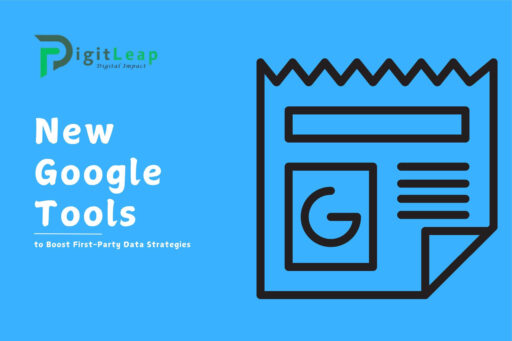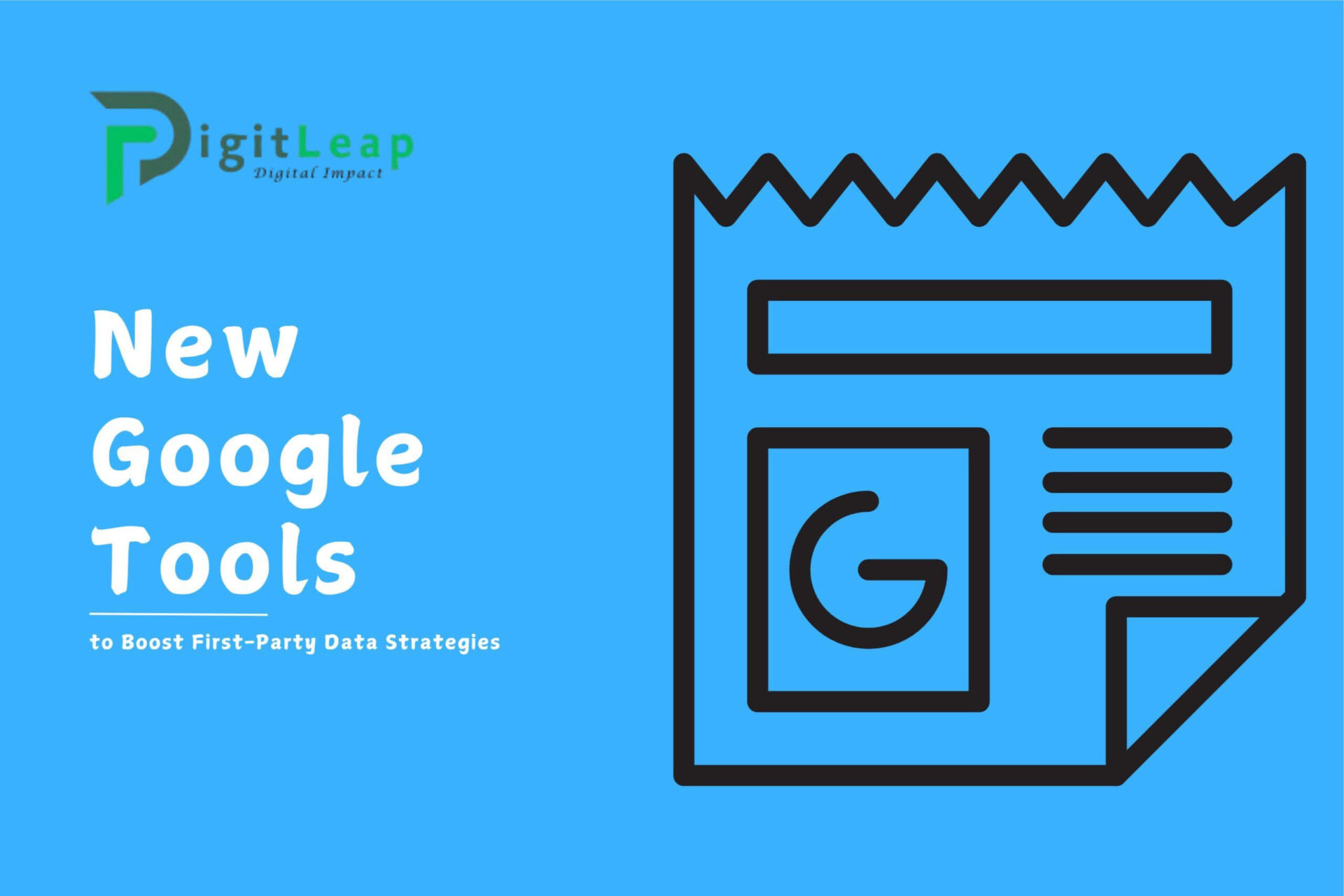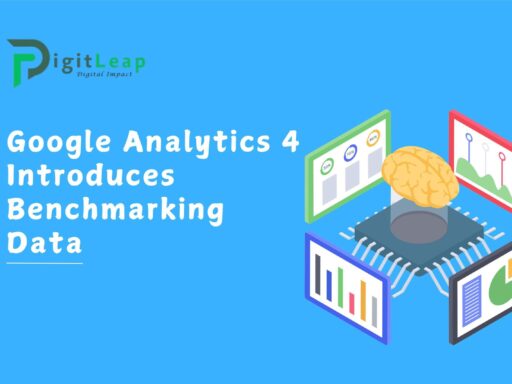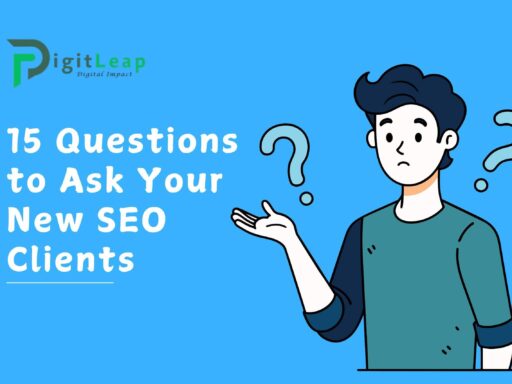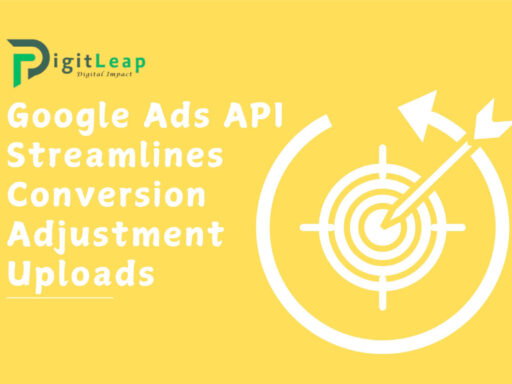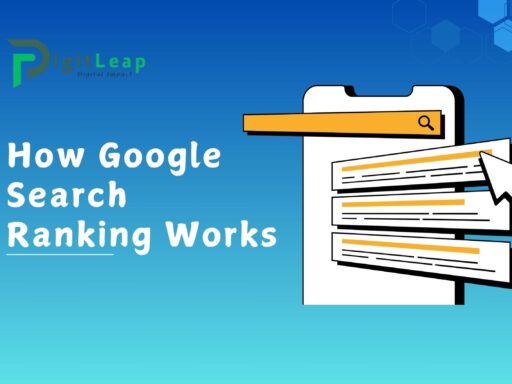New Google Tools to Boost First-Party Data Strategies
Introduction
With growing concerns around privacy and the phasing out of third-party cookies, businesses are turning toward first-party data—data collected directly from customers. To stay competitive, companies need robust tools to collect, manage, and activate this data. Google has introduced new tools and updates designed to help businesses build stronger first-party data strategies. These tools empower companies to make smarter decisions, create personalized experiences, and comply with privacy regulations.
What Is First-Party Data, and Why Does It Matter?
First-party data refers to information collected directly from users—through websites, mobile apps, surveys, or emails. It provides insights into customer behavior, preferences, and interactions. Unlike third-party data, which is collected by external platforms, first-party data is considered more accurate, reliable, and privacy-compliant.
With cookies set to disappear, businesses must rely on first-party data to:
- Personalize customer experiences
- Improve marketing strategies
- Build customer trust and loyalty
- Ensure compliance with data privacy laws
New Google Tools Enhancing First-Party Data Strategies
1. Enhanced Google Analytics 4 (GA4) Features
GA4, Google’s latest analytics platform, is optimized for first-party data collection. With event-based tracking and cross-platform measurement, businesses can now gain better insights across devices and channels. GA4’s focus on first-party data means fewer reliance on cookies, making it future-proof for privacy changes.
Key Updates:
- User-centric reporting with event tracking
- Improved audience segmentation to tailor personalized experiences
- AI-powered insights for trend detection and predictions
2. Google Tag Manager Server-Side Tagging
Google’s server-side tagging offers greater control over data collection. It allows businesses to process user interactions in their servers instead of relying on browser-based tags, helping companies reduce data loss and comply with privacy regulations.
Benefits:
- Protects sensitive user information
- Minimizes data inaccuracies caused by browser restrictions
- Ensures faster page loads, improving user experience
3. Google Ads Data Hub (ADH)
Google Ads Data Hub provides a privacy-safe environment for analyzing campaign performance using first-party data. ADH allows businesses to measure marketing effectiveness while maintaining compliance with privacy laws, as no user-level data leaves the platform.
Why it’s Useful:
- Merges first-party data with ad campaign insights
- Helps optimize ad spend based on accurate performance metrics
- Enables custom attribution modeling
4. Customer Match in Google Ads
Google’s Customer Match tool allows businesses to upload their first-party data (such as email lists) into Google Ads for more personalized targeting. Companies can reach their customers across Gmail, Search, and YouTube with highly relevant ads.
Advantages:
- Enables retargeting campaigns with precision
- Helps build lookalike audiences to reach new customers
- Drives better ad performance and ROI
5. Google Cloud’s BigQuery Integration
Google Cloud’s BigQuery offers businesses a powerful platform for first-party data management. Companies can import data from multiple sources, analyze it at scale, and create actionable insights. With machine learning tools, BigQuery helps predict future trends and customer behavior.
Features:
- Unified view of customer data for better decision-making
- Scalability to manage large datasets
- Seamless integration with other Google tools, such as GA4
How These Tools Strengthen First-Party Data Strategies
1. Improved Personalization
By leveraging GA4 and Customer Match, businesses can tailor their marketing campaigns to align with user preferences, delivering personalized experiences across channels.
2. Increased Compliance with Privacy Regulations
Server-side tagging and Google Ads Data Hub help businesses collect and use data in compliance with privacy laws like GDPR and CCPA, minimizing risks associated with data misuse.
3. Better Cross-Channel Attribution
With BigQuery and GA4 working together, businesses can accurately attribute conversions across multiple touchpoints, allowing them to optimize their strategies for maximum impact.
Challenges and Solutions in First-Party Data Implementation
While first-party data offers immense potential, there are challenges:
| Challenge | Solution |
|---|---|
| Data silos across departments | Use BigQuery to integrate data from all sources |
| User hesitancy to share information | Build trust through transparency and incentives |
| Compliance with evolving privacy laws | Leverage server-side tagging for secure data handling |
FAQs
1. What is first-party data?
First-party data is information collected directly from users through platforms such as websites, apps, or email interactions.
2. Why is Google focusing on first-party data strategies?
With the end of third-party cookies, Google aims to help businesses use first-party data to deliver personalized experiences while complying with privacy laws.
3. How does GA4 enhance first-party data collection?
GA4 provides event-based tracking and cross-platform insights, making it easier to collect and analyze first-party data across devices.
4. What is server-side tagging?
Server-side tagging allows companies to process user data in their servers, reducing data loss and ensuring greater privacy compliance.
5. Can small businesses benefit from these new tools?
Yes! Small businesses can use Google Ads Customer Match and GA4 to create cost-effective, personalized campaigns.
6. How does BigQuery support first-party data strategies?
BigQuery offers businesses a scalable solution to manage, analyze, and predict customer behavior using their first-party data.
Conclusion
Google’s new tools offer businesses the opportunity to thrive in a world without third-party cookies. By embracing first-party data strategies, companies can deliver personalized experiences, comply with privacy regulations, and make smarter marketing decisions. Tools like GA4, BigQuery, and server-side tagging ensure companies are future-ready.
If you’re looking to make the most of these new Google tools and build a robust first-party data strategy, DigitLeap is here to help. Our team of experts can guide you in setting up these tools, optimizing data management, and creating personalized marketing campaigns that drive results. Contact DigitLeap today to take the next leap toward data-driven success!

